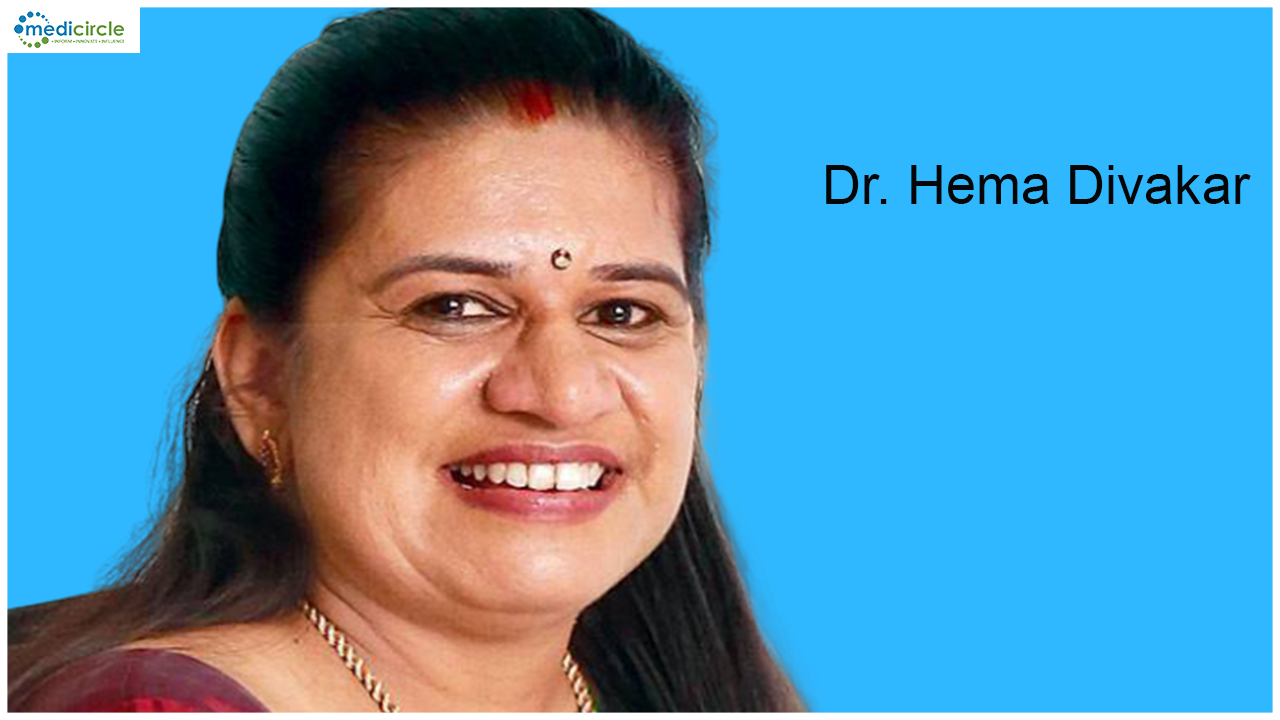With India emerging as a major economic power, set to enjoy the demographic dividend in the long term, global healthcare leaders rang the alarm bells on the rising lifestyle-led non communicable diseases like diabetes, anemia, hypertension and obesity, which could impact the nation's productivity and output. They stressed on a multi-pronged approach to adopt a 'Act Today to Change Tomorrow' preventive strategy to tackle the issue on a war-footing.
Addressing a joint Press Conference here today, the healthcare leaders said the issue needed a multi-stakeholder engagement involving the government, public and private healthcare sectors, NGOs, youths, innovators and specialists considering the vastness of the country and the population needed to be covered. "Today, Artificial Intelligence-led technology platforms are creating wonders in the field of healthcare services. A perfect blend of technology and initiatives by all the stakeholders concerned can help us in evolving an effective preventative healthcare strategy," they added.
Emphasising on the urgency required to tackle the problem, renowned gynaecologist Dr. Hema Divakar, who is also the Vice-Chair of Pregnancy & Non-Communicable Diseases Committee (PNCDC), International Federation of Gynecology & Obstetrics (FIGO), pointed out that Diabetes has already reached 80 million in India and will increase by 74% in the next decade. "This is just the case with diabetes. If we take into consideration the number of people with obesity, hypertension and anemia, the numbers are humungous. As a developing nation, we need to factor in the productivity and output of the population for the coming decades. In parallel, these numbers will be a huge burden on the nation's finances, as our healthcare sector is not equipped to face the tsunami of non-communicable diseases," she added.
According to her, all these need to be addressed at the womb level before the new generation discovers it at a later stage. "Today, diabetes and anemia can be detected at the womb level and preventive measures can be taken. Unfortunately, we don't have an ecosystem to support this approach. There is a disconnect between the maternal healthcare system and wellness centres. If we build effective and reliable systems and practices now, we will be able to see a healthy generation 30 years from now. Mere awareness is not sufficient, we need to move towards systematic and strategic implementation. Otherwise, we will continue to have new generations that are born with non-communicable diseases exposed at a later stage in life," Dr. Hema said.
Dr. Moshe Hod, Chair - PNCDC, FIGO, noted that testing and screening of pregnant women for anemia and diabetes in government hospitals in developing countries had still not reached the mature stage, "That's' where AI and technology can play a crucial role - there are devices which can help pregnant women follow a disciplined lifestyle, help healthcare service providers monitor and follow-up such cases and caution when interventions are required. We also need to build a robust system in hospitals where the service providers can perform crucial tests instead of specialists."
Dr. Liona C Y Poon, Member - PNCDC, FIGO, was of the view that engagement of stakeholders concerned was critical for the success of ushering in a healthy generation for the future. "At Hong Kong, we have successfully implemented this model and we are seeing improvement in results. India too must have effective systems in place to ensure that all pregnant women are effectively screened and treated for these NCDs, which will manifold at a later stage," she added.
Sharing similar views, Dr. Rajesh Jain, Collaborator, World Diabetes Foundation Initiative, said that various agencies of the Centre and the States are being sensistised on the need for connecting and collaborating. "The multi-stakeholder engagement must complement the Fit India Movement. We are not in a position to manage the ratio between specialists and the patients. The way forward is to evolve an effective preventive FIGO has already launched a pilot project in India to strengthen capacity building of the healthcare service providers in public and private hospitals to ensure better screening of pregnant women for diabetes and anemia. The training includes streamlining testing and reporting process, instituting proper management, follow-up and counselling," he added. "We have trained more than 1,200 doctors and 844 staff nurses in Uttar Pradesh, Maharashtra, and Karnataka in the last 18 months. We intend to extend this to five other states," said Dr. Hema Divakar, who has been pioneering the training programme.
Bengaluru-based ARTIST (Asian Research & Training Institute for Skill Transfer) has been involved in the training programme by evolving need-based modules that covers crucial aspects of maternal healthcare and non-communicable diseases at the womb level. "It is a blend of connect and collaborate initiatives and we are seeing improvement in the percentage of pregnant women being tested and screened. This training programme will have a cascading effect with the next level of staff being trained by those already trained," added. Dr. Hema.
In an effort to expand the scope and reach of the training programme, the FIGO delegation is meeting Dr. Dinesh Baswal, Deputy Commissioner, Maternal Health, Union Ministry of Health & Family Welfare. PNCDC-FIGO is hopeful that this programme is extended to all parts of the country and can contribute to reducing the disease burden in the long run. FIGO is open to launching many such initiatives to foster a healthy generation.

 Wellness Centres integral to Fit India Movement and Preventive Healthcare strategies to tackle Diabetes & Anemia at the womb level
Wellness Centres integral to Fit India Movement and Preventive Healthcare strategies to tackle Diabetes & Anemia at the womb level











.jpeg)


.jpg)





.jpeg)

.jpg)





.png)


